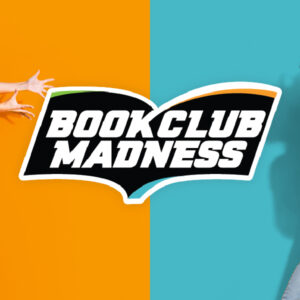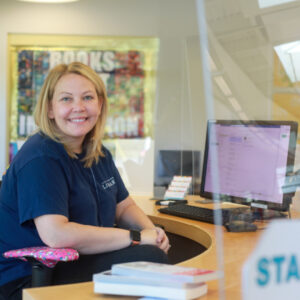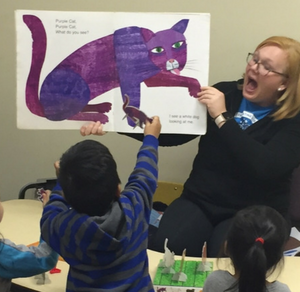This article first appeared in the fall, 2021 issue of your Library Foundation’s print newsletter, Transformations.
This fall, a new vehicle hits the road – with a Library inside!
The Charlotte Mecklenburg Mobile Library is making resources more accessible. For some in our community, getting to a Library branch is difficult. With public support from Mecklenburg County along with funding from your Library Foundation, the Library is going to them.
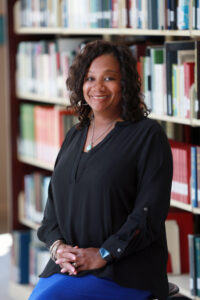
“Our goal is to bring the Library to neighborhoods that don’t have one,” explains Meryle Leonard, the Library’s Outreach Leader. “Our priority is to visit communities with limited resources, but we’ll travel anywhere in the County where there’s a need we can help address.”
Yesterday and Today
Charlotte Mecklenburg Library has a history with bookmobiles. They first appeared in the 1930s as a way to expand library service despite financial challenges. By the 1970s the system had 16 branches, many in busy shopping centers, and the bookmobiles were retired.
Today’s Mobile Library will carry more than books. “We expect high book circulation, but there are additional ‘storylines’ for this vehicle,” explains Leonard. “We will also offer programs, technology, guest speakers, classes and workshops in everything from digital literacy to resume writing and academic support.” The vehicle will park at scheduled landing points where portable furniture will create a gathering area for programs, computer use and conversation.
The Man at the Wheel
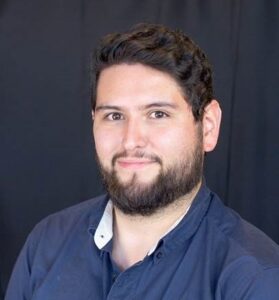
Mobile Library Coordinator Saul Hernandez will be on board for hundreds of miles each week. Before moving to Charlotte, he oversaw a
mobile library for the Middle Georgia Regional Library System and he’s passionate about what ours can do.
“This is a tool to more equitably distribute Library resources. Outreach is all about making connections and understanding the goals that are specific to each neighborhood. I’m always looking for tweaks we can make to best serve every stop.”
Hernandez spent his first year in Charlotte getting to know the community and seeking out organizations with complementary missions. “Partnerships are critical – for everything from parking and other logistics to identifying the right needs for each neighborhood. Some areas that don’t have a physical Library also lack grocery stores, parks and other services. By coordinating with partners who offer fresh food, health services, family activities and more, we can help build a healthier community overall.”
Hernandez sees the Library’s vision as a ‘public commons’ reflected in the Mobile Library. “Libraries are intentional community builders,
a trusted place to convene and connect people, resources and ideas. We’re building and decentralizing networks – I compare it to a web of nutrients that feed underground bulbs until they pop up, strong and healthy. Libraries bring together the nutrients.”
Finding the Mobile Library
Check cmlibrary.org for updated information about neighborhood stops and schedules.

